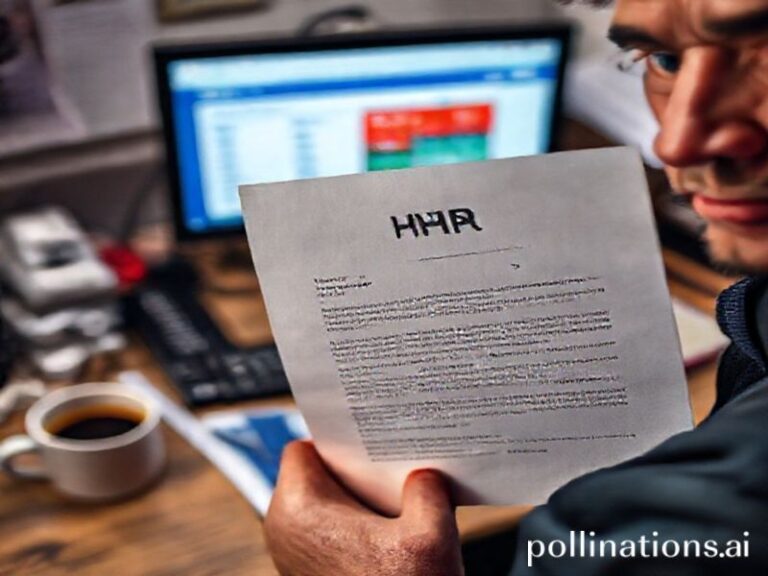27 Years of Google: How a Search Engine Became the Planet’s Guilty Conscience
The 27th Birthday of a Search Engine That Knows Too Much
International Correspondent, Dave’s Locker
Today, somewhere between a missile test in Pyongyang and the 347th cryptocurrency meltdown this fiscal quarter, Google turns twenty-seven—an age at which most humans are still figuring out what they want to be when they grow up. Google, however, already knows what you want before your espresso finishes its crema. Happy birthday to the algorithmic overlord who, unlike the rest of us, never had to endure a quarter-life crisis; it simply bought the crisis, indexed it, and served ads for therapy apps on the side.
In 1998, while France was prepping the World Cup and the IMF was lecturing Southeast Asia on fiscal prudence, two Stanford dropouts filed papers for “BackRub,” a name that sounded like a questionable massage parlor but would become the planetary librarian we now call Google. Twenty-seven years later, it has replaced not only libraries but also memory itself. Why retain facts when a rectangular slab in your pocket can summon them faster than your own neurons can misremember them?
The anniversary is being marked—or ignored—differently across the globe. In Brussels, regulators toast with antitrust complaints instead of champagne. In Beijing, citizens can’t toast Google at all; the firewall renders the birthday as invisible as Tiananmen on local search engines. Meanwhile, in Lagos, developers celebrate by bootstrapping fintech apps on the very Android stack that Google gives away free—because who doesn’t love a corporate gift horse that also happens to mint billions in ad revenue?
Quantitatively speaking, Google now answers 8.5 billion queries a day, a number so large it sounds like a toddler trying to name infinity. That’s roughly one query per human per day, discounting the few remaining souls who still “ask Jeeves” or, bless their hearts, read books. The side effects are planetary: democracy trembles under targeted disinformation, teenagers diagnose themselves with rare diseases, and your toaster learns your circadian rhythms so it can pop your artisanal sourdough right when you’re most emotionally vulnerable.
Yet the true anniversary gift is the mirror Google holds up to humanity. Type “why are people—” and the autocomplete finishes with your local brand of existential dread. It’s a humbling reminder that the species that split the atom also googles “how to boil an egg” three million times a year. Somewhere in Mountain View, a data scientist has built a career on egg-boiling metrics—an occupation that would have sounded like a Monty Python sketch to our 1998 selves.
International development types hail Google’s free suite of classroom tools for “democratizing education,” a phrase that sounds uplifting until you realize it’s financed by the same auction system that sells ads for fake diplomas. In India, farmers check monsoon forecasts on YouTube, while in Ukraine, civilians crowd-source air-raid alerts on Maps—proof that the same platform that sells you socks can also save your life, provided the Wi-Fi holds.
Meanwhile, the EU keeps fining Google sums that look impressive in headlines but translate to roughly what it earns during one coffee break. The fines arrive with the regularity of birthday candles, each one slightly larger, each one promptly appealed. It’s a ritual dance: Brussels scolds, Google shrugs, stock ticks up. Even the planet’s regulators now run on algorithmic engagement loops.
So here we are, twenty-seven years on, living in a world where a search engine is older than some voters and more powerful than most governments. The cake is virtual, the candles are cookies, and the song is auto-played at 1.25x speed to maximize watch time. Blow out the trackers if you can find them.
Happy birthday, Google. You’ve turned the sum of human knowledge into a revenue stream, and we’ve turned you into a verb. Here’s to another twenty-seven years of asking you questions we’re too lazy—or too afraid—to ask ourselves.







